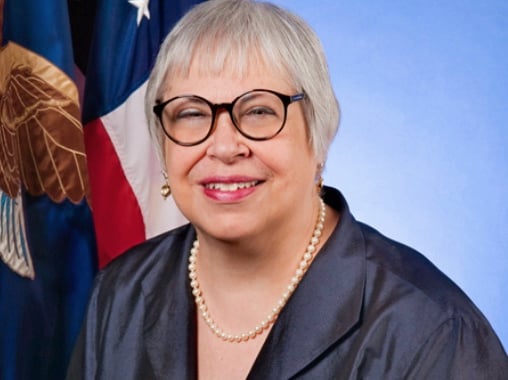A best-interest standard for investment advice will protect investors only if it's rooted in a fiduciary obligation, the mother of the Department of Labor's fiduciary rule said Monday.
Phyllis Borzi, former assistant secretary of labor, didn't directly criticize the Securities and Exchange Commission's advice-reform proposal that seeks to raise the broker suitability standard by requiring brokers to act in the best interests of their clients.
But she did assert that "best interest" must come with fiduciary teeth.
"All advice ought to be subject to a basic fiduciary legal standard," Ms. Borzi said on a media conference call hosted by the Institute for the Fiduciary Standard. "Best interest is a marketing slogan," she said. "It only takes on legal significance within a basic fiduciary standard."
The SEC Investor Advisory Committee last week also called on the SEC to include in its proposal an
explicit fiduciary requirement.
The heart of the SEC proposal is
Regulation Best Interest, which would require brokers to place more emphasis on their clients' investment returns than on their own fees. Under the package of reforms, investment advisers, who currently must adhere to a fiduciary duty, and brokers, who need only make sure their recommendations are suitable to their clients' financial circumstances, would continue to be regulated separately.
The SEC also is proposing a client relationship summary, or
Form CRS, designed to help investors understand differences between advisers and brokers in terms of fees, services and legal standards.
The best way to help investors is with a common advice rule, according to Ms. Borzi.
"Investor confusion is a symptom. It's not the problem," she said. "If everybody is subject to the same legal standard, even if you believe that the problem is investor confusion, that is certainly a way to address the confusion."
The institute on Monday
released a paper analyzing a recent
Rand Corp. investor survey conducted on behalf of the SEC. The group said the results show that investors want a higher advice standard than would be delivered by the SEC's proposal.
"Investors … expect a best interest standard should mean their financial rep will, for example, choose the lowest cost products, other things equal; avoid higher comp[ensation]; and disclose payments that may influence them," said Knut Rostad, president of the Institute for the Fiduciary Standard. "These practices are neither urged nor required in Reg BI."
A
separate Rand study commissioned by the SEC and released last week shows that Form CRS does
not help investors fully understand the differences between brokers and advisers.
The SEC must revise and retest the content, language and format of the document, Geof Brown, chief executive of the National Association of Personal Financial Advisors, said on the media call.
"The SEC must … delay final adoption of its Regulation Best Interest regulatory package until it can be certain that the disclosures that form the centerpiece of that regulatory package work as intended to support informed investor decision-making," Mr. Brown said.
The DOL fiduciary rule, which applied to retirement accounts, was
vacated earlier this year by a federal circuit court. The SEC has not indicated when it will release a final advice proposal.







